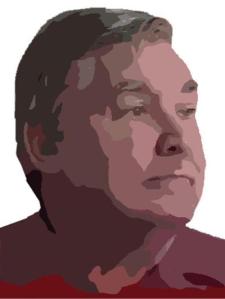
David W. answered • 05/13/15
Tutor
4.7
(90)
Experienced Prof
Hi Shurnkita,
The key to sequences is to find out how each new term relates to the previous terms.
Sometimes, a term only depends on the single previous term. For example, for a sequence of odd integers: 11.13.15.17 the next term is 19.
A for a sequence of squares: 4,9,16,25,36 what's the next term? 49
This problem lists numbers that decrease by 5, then 10, then 20 (decrease instead of increase because they are further and further to the left on the number line).
The sequence also can be completed by realizing that each new term is 2*Last term. (Check it out!)
That is important because there are lots of ways to compute a sequence. The more terms that the sequence has the fewer and fewer methods of completion exist.
Also note, nobody has yet found a way to predict the next prime number for a sequence of prime numbers. So, if you do, please publish an article on that topic.




